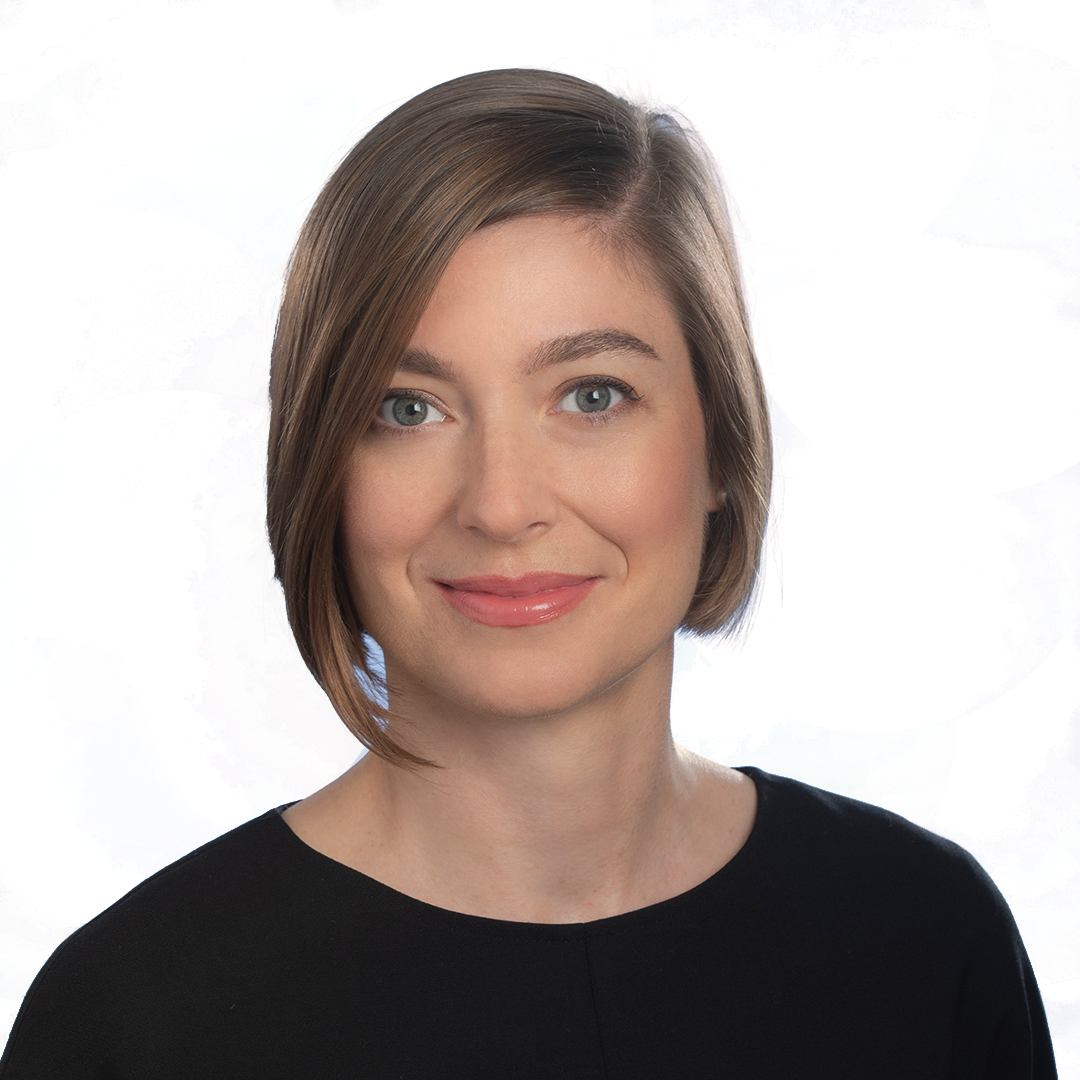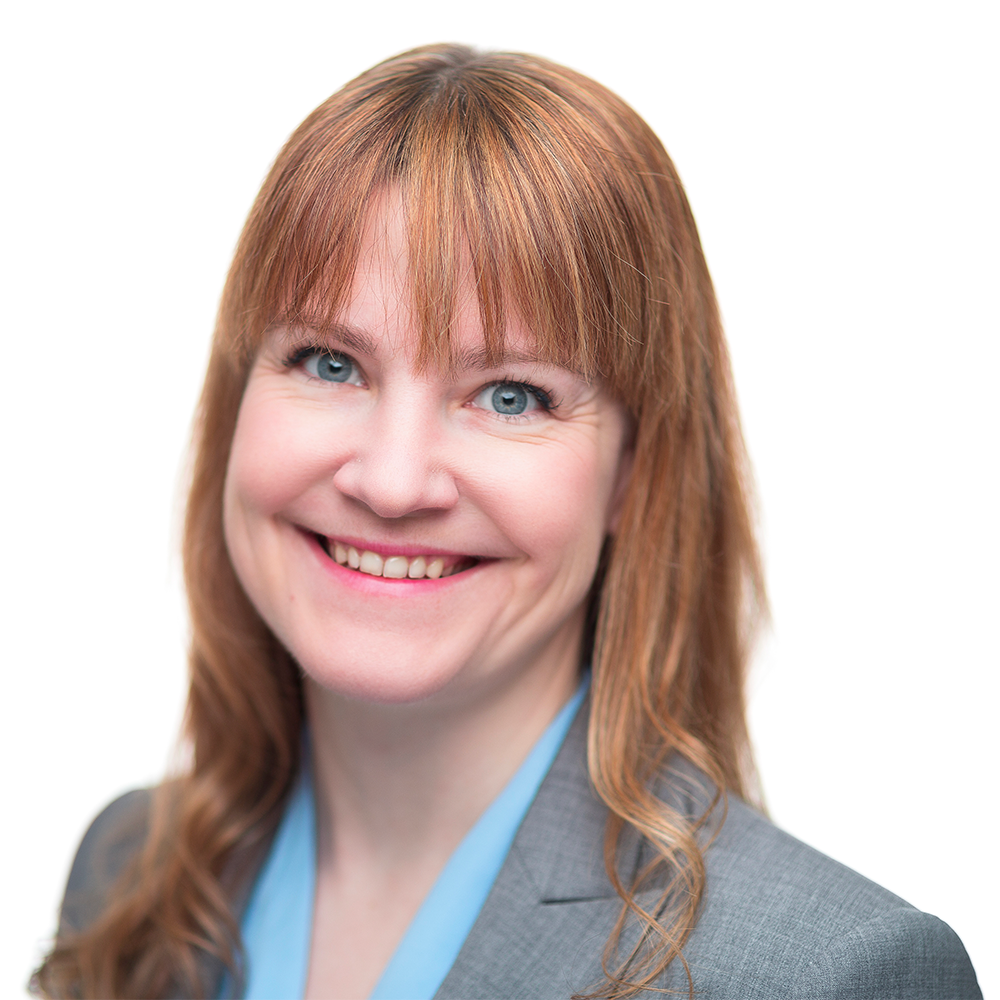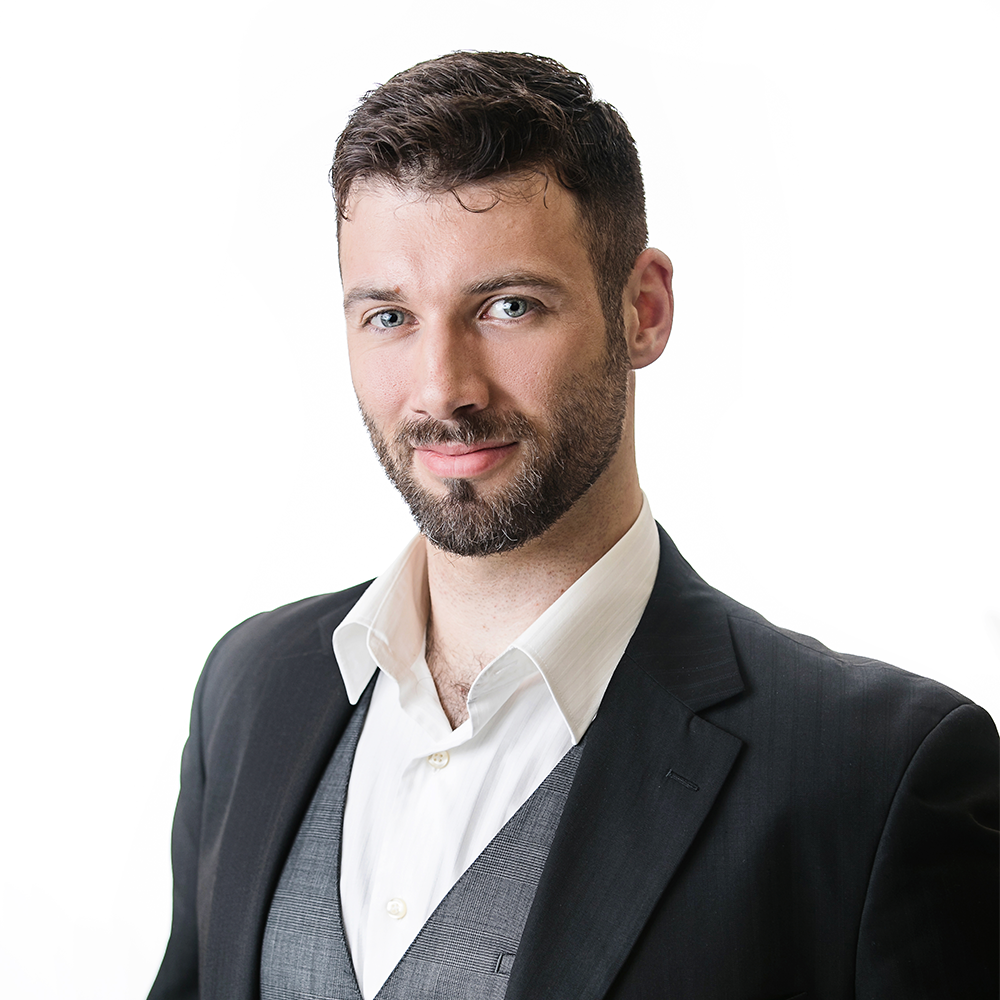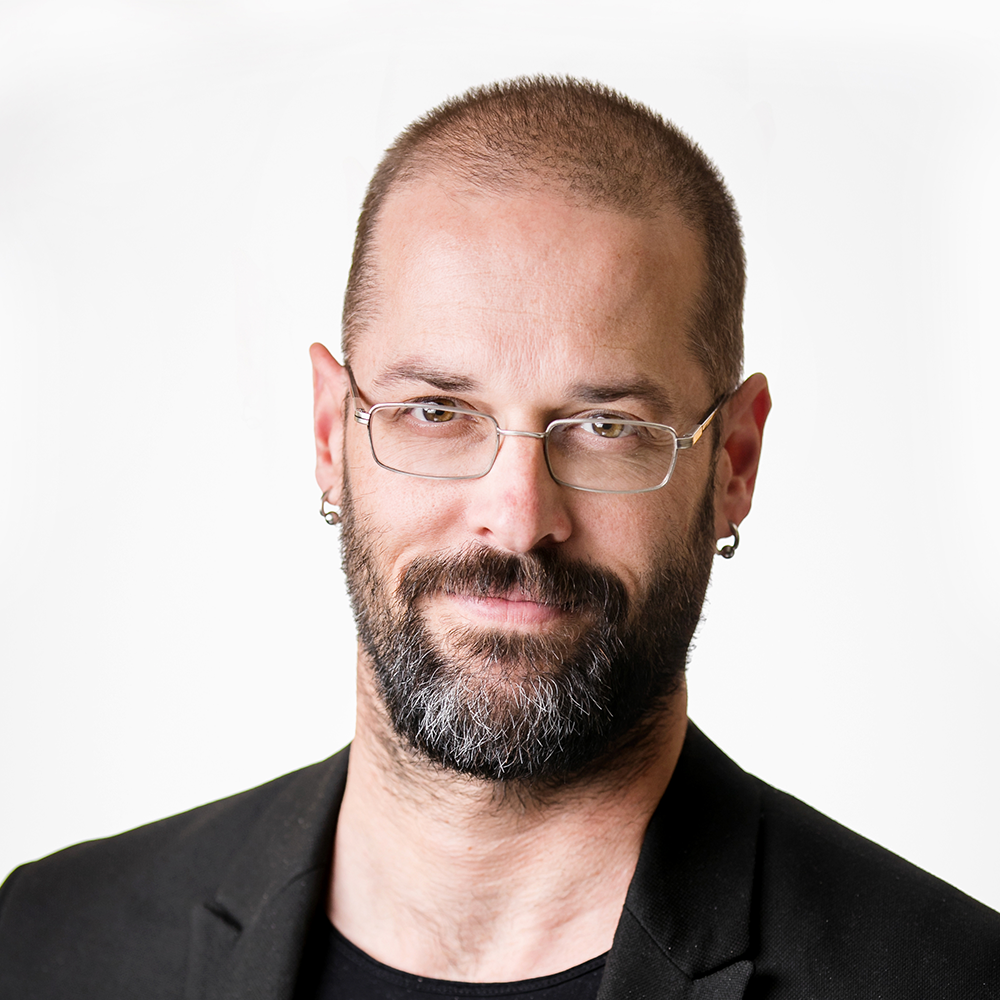Our Scientists
The Evict Radon National Study is a Canadian transdisciplinary study led by Dr. Aaron Goodarzi and involves researchers and scientific partners from across Canada, including scientists at BC Cancer Agency (BC), Simon Fraser University (BC), University of Calgary (AB), University of Saskatchewan (SK), University of Ottawa (ON), Université Laval (QC), Dalhousie University (NS), Canadian Nuclear Laboratories (ON), the National Research Council (of Canada), and Health Canada. The goal of this diverse research team is to understand the origins of radon exposure, and the prevention and early detection of radon-induced lung cancers.
We use a transdisciplinary approach to our research as the radon problem is multifaceted, and demands that we overcome traditional academic barriers to draw upon and integrate expertise from many fields of research including fundamental biology, population health, epidemiology, building science, architecture, design, media, communications, policy, economics, psychology, computer science, medicine, geology and physics. Meet the scientists from across Canada who are working together in new ways to solve this problem.
The Evict Radon National Study is a volunteer-led non-profit organization that combines grassroots science engagement and citizen science-based research in a way perhaps never seen before in Canada for preventing cancers.
















































